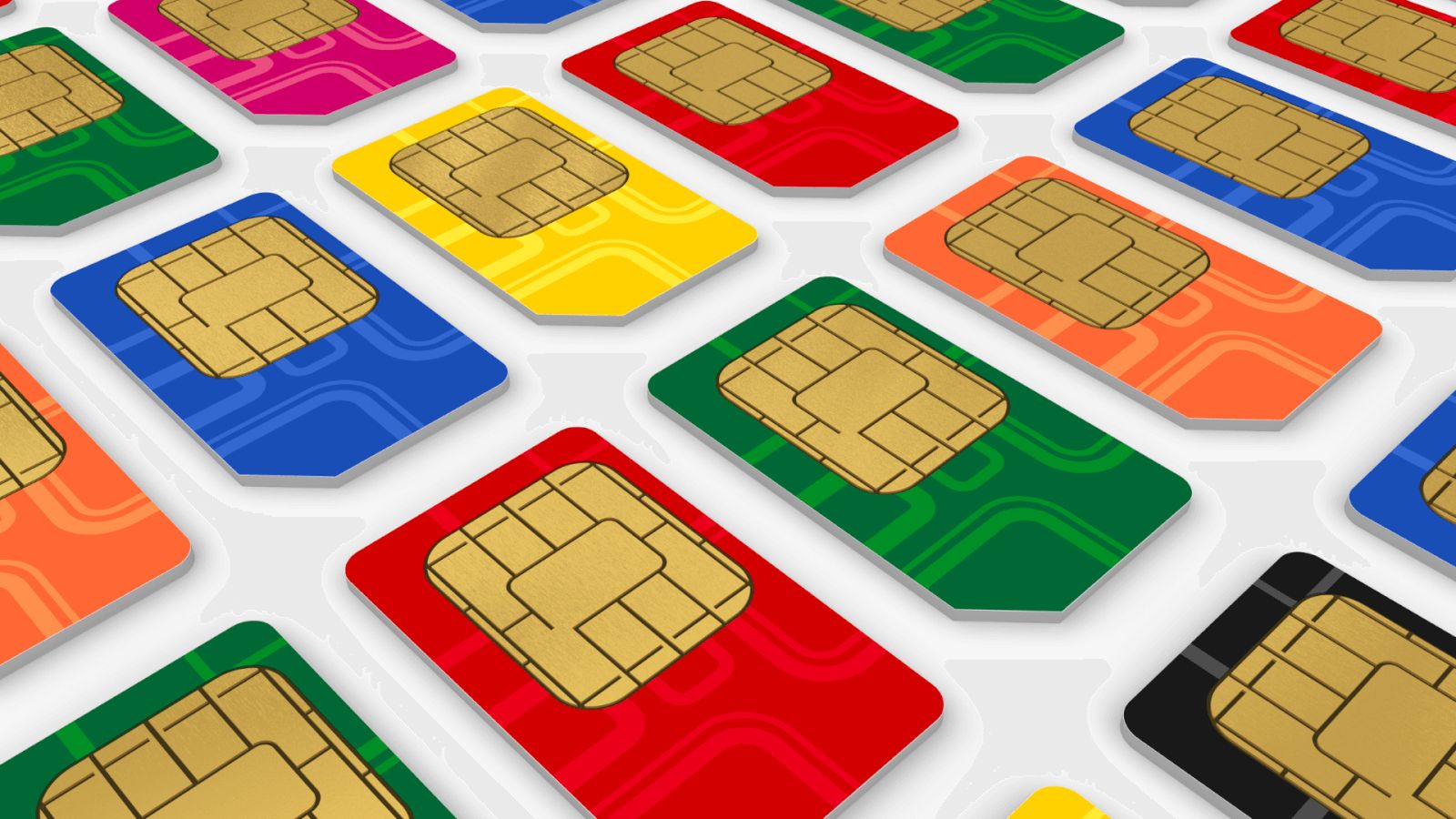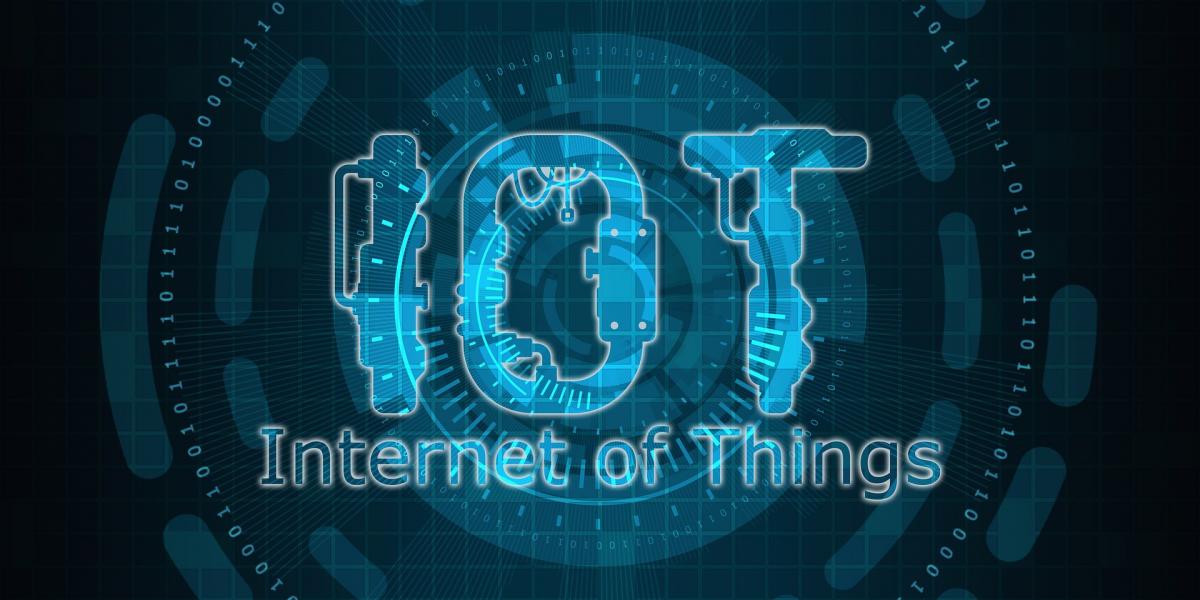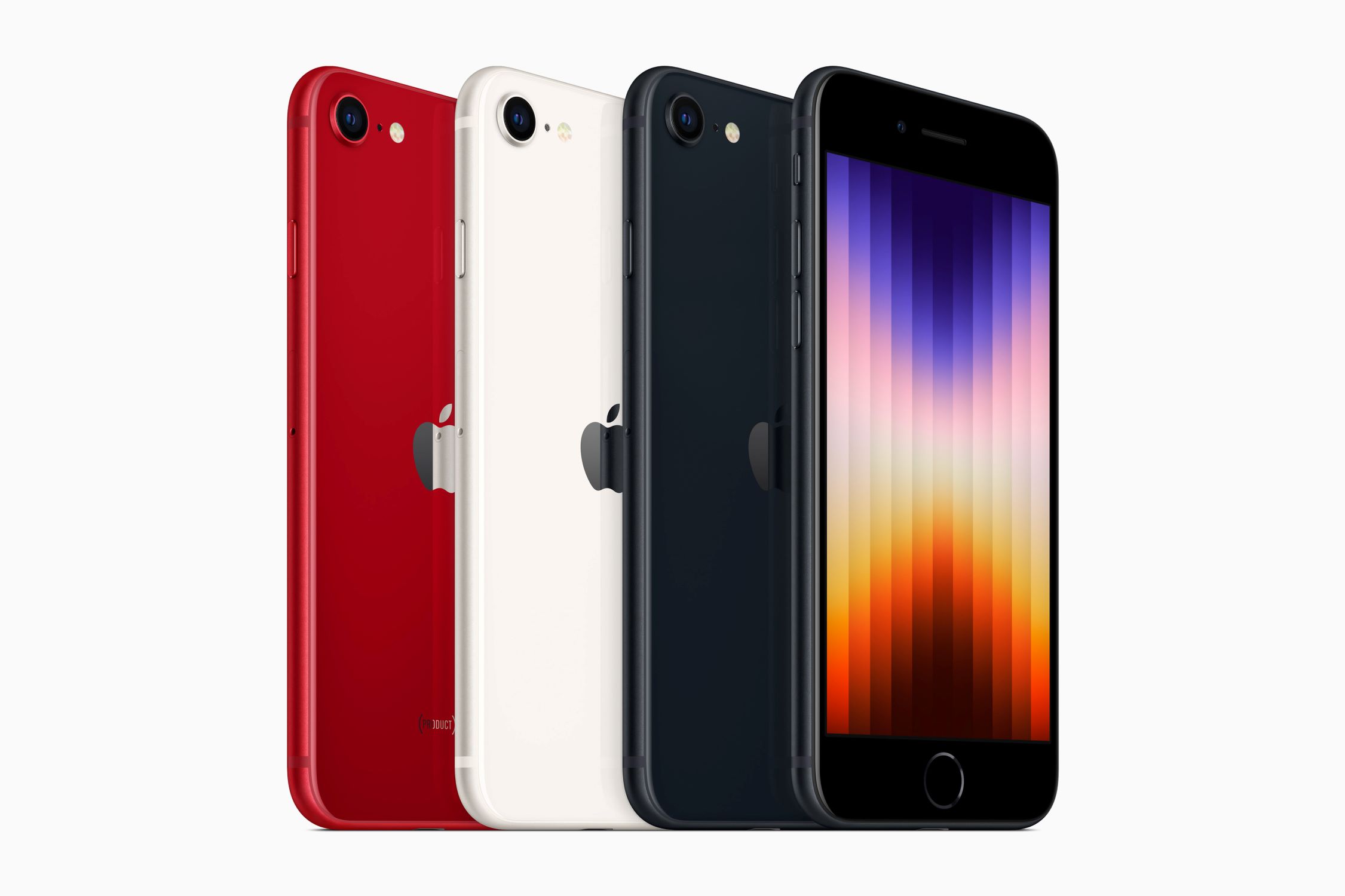Introduction
Welcome to the world of Internet of Things (IoT), where everyday objects are connected to the internet, allowing them to send and receive data. One crucial component that enables this connectivity is the IoT SIM card. In this article, we will explore the definition, functionality, and benefits of using an IoT SIM card.
In today’s digital age, IoT devices have become an integral part of various industries such as healthcare, agriculture, transportation, and more. These devices rely on a robust and reliable communication network to transmit data effectively. This is where IoT SIM cards play a vital role.
An IoT SIM card, also known as a Machine-to-Machine (M2M) SIM card, is specifically designed for IoT devices. Unlike regular SIM cards used in smartphones, IoT SIM cards are optimized for machine-to-machine communication, offering seamless connectivity to IoT devices.
But how exactly does an IoT SIM card work? Let’s find out in the next section.
Definition of an IoT Sim Card
An IoT SIM card is a specialized SIM card designed for Internet of Things (IoT) devices. It enables these devices to connect to cellular networks and transmit data seamlessly. Unlike traditional SIM cards used in smartphones, IoT SIM cards are optimized for machine-to-machine (M2M) communication.
IoT SIM cards come in various form factors, including traditional SIM cards, embedded SIM (eSIM) cards, and removable SIM cards. These cards are purpose-built to provide reliable and secure connectivity for IoT devices, ensuring efficient and uninterrupted data transmission.
One of the key features of an IoT SIM card is its ability to support multiple networks and protocols. This flexibility allows IoT devices to connect to different cellular networks, including 2G, 3G, 4G, and emerging 5G networks. This ensures widespread coverage and availability, making IoT devices accessible in various locations.
Moreover, IoT SIM cards are usually equipped with additional features such as remote provisioning and management capabilities. This allows network operators or device manufacturers to remotely manage and update the IoT SIM card’s settings and configurations without physical access to the device.
Another important aspect of IoT SIM cards is their security features. IoT devices often handle sensitive data, and it is crucial to protect this information from unauthorized access or tampering. IoT SIM cards typically incorporate robust security measures such as authentication, encryption, and secure communication protocols to safeguard the data transmitted between the device and the network.
In summary, an IoT SIM card is a specialized SIM card designed to enable connectivity for IoT devices. It supports multiple networks, offers remote management capabilities, and ensures secure and reliable data transmission. In the next section, we will explore how an IoT SIM card works.
How Does an IoT SIM Card Work?
An IoT SIM card works by providing a secure and reliable connection for IoT devices to communicate with cellular networks. Let’s take a closer look at the process:
1. Device Registration: The IoT SIM card is inserted into the IoT device, and the device connects to the network using the SIM card’s unique identifier and authentication credentials. This registration process allows the device to establish a secure connection with the network.
2. Network Authentication: Once the device is registered, the IoT SIM card performs an authentication process with the network. This step ensures that the SIM card and the device are authorized to access the network and exchange data.
3. Data Transmission: With the authentication complete, the IoT device can now send and receive data over the cellular network using the IoT SIM card. The SIM card acts as a bridge between the device and the network, facilitating the transmission of data packets.
4. Network Selection: Depending on the IoT SIM card’s capabilities, it can support multiple cellular networks. The card dynamically selects the most suitable network based on factors such as signal strength, coverage, and network availability. This ensures optimal connectivity for the IoT device, even when it is on the move or in areas with fluctuating network conditions.
5. Remote Management: IoT SIM cards often come with remote management capabilities, allowing network operators or device manufacturers to remotely configure, monitor, and update the SIM card’s settings. This eliminates the need for physical access to the device and simplifies the management process for large-scale IoT deployments.
6. Security Measures: IoT SIM cards incorporate robust security measures to protect the data transmitted between the device and the network. These measures include encryption, authentication protocols, and secure communication channels, ensuring that the data remains private and secure from unauthorized access.
In a nutshell, an IoT SIM card enables IoT devices to communicate with cellular networks securely and reliably. It facilitates device registration, network authentication, data transmission, network selection, remote management, and ensures data security. Next, let’s explore the different types of IoT SIM cards available.
Types of IoT SIM Cards
When it comes to IoT SIM cards, there are several types available in the market. Each type offers different features and functionalities to cater to the diverse needs of IoT devices. Let’s explore the most common types:
- Traditional SIM Cards: These are the standard SIM cards used in smartphones and other mobile devices. Traditional SIM cards can also be used in IoT devices, but they require a physical slot for insertion and removal, making them suitable for devices that are easily accessible.
- Embedded SIM (eSIM) Cards: eSIM cards are embedded directly into the IoT device, eliminating the need for a physical SIM card slot. This compact form factor is ideal for IoT devices with limited space or those that need to be ruggedized. eSIM cards can be remotely provisioned, allowing for easy management and configuration, making them a popular choice for IoT deployments.
- Removable SIM Cards: Similar to traditional SIM cards, removable SIM cards can be inserted and removed from the IoT device. They offer flexibility, as they can be swapped between devices or replaced when necessary. This type of IoT SIM card is commonly used in scenarios where devices need to be easily interchangeable or where network coverage varies between different locations.
- Multi-Network SIM Cards: These SIM cards support multiple cellular networks, allowing IoT devices to connect to different networks based on signal strength or coverage availability. Multi-network SIM cards offer increased reliability and ensure seamless connectivity, even in areas with limited network coverage or when devices are on the move.
- Data-Specific SIM Cards: As the name suggests, data-specific SIM cards are designed for IoT devices that primarily transmit data and have lower voice requirements. These SIM cards are optimized for data-intensive applications, offering high-speed data transfer and cost-effective data plans, making them ideal for IoT devices such as sensors, trackers, and smart meters.
Each type of IoT SIM card has its advantages and suitability based on the specific requirements of the IoT device and its operating environment.
Now that we have explored the types of IoT SIM cards, let’s delve into the benefits of using an IoT SIM card in IoT deployments.
Benefits of Using an IoT SIM Card
Utilizing an IoT SIM card brings numerous benefits to IoT deployments. Let’s explore some of the key advantages:
- Seamless Connectivity: IoT SIM cards provide reliable and seamless connectivity for IoT devices, enabling them to stay connected to cellular networks regardless of their location. This ensures uninterrupted data transmission and real-time communication between the device and the network.
- Widespread Coverage: IoT SIM cards support multiple networks and protocols, allowing IoT devices to connect to different cellular networks. This wide coverage ensures that IoT devices remain connected even when they are geographically dispersed or in areas with limited network availability.
- Remote Management: IoT SIM cards often come with remote management capabilities, allowing for easy configuration, monitoring, and troubleshooting of devices. This simplifies the management process, especially for large-scale IoT deployments, and eliminates the need for physical access to the devices.
- Flexibility and Scalability: IoT SIM cards offer flexibility and scalability, making it easy to add or remove devices from the network as needed. This flexibility allows for the seamless integration of new devices or the expansion of IoT deployments without significant disruptions.
- Secure Communication: Security is a critical aspect of IoT deployments, and IoT SIM cards address this concern by incorporating robust security measures. These measures include encryption, authentication protocols, and secure communication channels, ensuring that the data transmitted between the device and the network remains secure from unauthorized access or tampering.
- Cost-Effective Data Plans: Many IoT SIM card providers offer cost-effective data plans specifically tailored for IoT devices. These plans are designed to accommodate the unique data needs of IoT applications, providing a cost-efficient solution for transmitting and managing large volumes of data.
In summary, using an IoT SIM card in IoT deployments brings various benefits, including seamless connectivity, widespread coverage, remote management capabilities, flexibility, scalability, secure communication, and cost-effective data plans. These advantages enhance the efficiency and effectiveness of IoT deployments, allowing businesses and organizations to harness the full potential of IoT technology.
Now that we have explored the benefits of using an IoT SIM card, let’s move on to examine some common use cases for IoT SIM cards in different industries.
Use Cases of IoT SIM Cards
The versatility and reliability of IoT SIM cards make them essential components in various industries, enabling a wide range of IoT use cases. Let’s explore some common use cases where IoT SIM cards play a vital role:
- Smart Cities: IoT SIM cards are crucial in smart city initiatives where various devices, such as sensors, streetlights, waste management systems, and traffic monitoring systems, need to communicate with each other and the central network. The connectivity provided by IoT SIM cards enables efficient data collection and management to optimize urban infrastructure and enhance the quality of life for residents.
- Transportation and Logistics: IoT SIM cards are utilized in fleet management, logistics tracking systems, and smart transportation solutions. These cards enable real-time tracking of vehicles, monitoring fuel consumption, optimizing route planning, and ensuring seamless communication between vehicles and the central control center.
- Agriculture: IoT SIM cards play a crucial role in smart agriculture by connecting various IoT devices like soil moisture sensors, weather stations, and automated irrigation systems. This connectivity allows farmers to monitor and control agricultural conditions remotely, optimize water usage, and enhance crop yield.
- Healthcare: In the healthcare sector, IoT SIM cards enable remote patient monitoring systems, telemedicine solutions, and medical equipment tracking. These cards ensure reliable connectivity for medical devices, enabling healthcare professionals to remotely monitor patients, provide timely interventions, and streamline healthcare processes.
- Industrial Monitoring: IoT SIM cards are used in industrial applications such as asset tracking, predictive maintenance, and remote monitoring of machinery and equipment in manufacturing plants. These cards enable real-time data collection, analysis, and alert systems, optimizing productivity, reducing downtime, and improving overall operational efficiency.
- Energy Management: IoT SIM cards play a crucial role in smart grid systems, energy monitoring, and demand response solutions. They enable communication between smart meters, energy management systems, and utility providers, allowing for accurate energy consumption monitoring, load balancing, and efficient energy distribution.
These are just a few examples of the many potential use cases for IoT SIM cards. The reliable connectivity and secure communication they provide are vital in enabling efficient data transmission, monitoring, and control in various industries and IoT applications.
Now that we have explored the use cases, let’s move on to the considerations to keep in mind when choosing an IoT SIM card for your specific needs.
Considerations When Choosing an IoT SIM Card
When selecting an IoT SIM card for your IoT deployment, there are several important factors to consider. These considerations will help ensure that you choose the right IoT SIM card that meets your specific needs and requirements. Here are some key considerations:
- Network Compatibility: Ensure that the IoT SIM card you choose is compatible with the cellular networks available in your desired coverage area. It should support the right network technologies (2G, 3G, 4G, or 5G) to ensure reliable connectivity.
- Data Plans: Evaluate the data plans offered by different IoT SIM card providers. Consider factors such as data usage requirements, cost, and flexibility of plans to find the one that best suits your IoT application’s data needs while staying within your budget.
- Security Features: Analyze the security features provided by the IoT SIM card, such as authentication protocols, encryption, and secure communication channels. Ensuring robust security measures will help protect your IoT devices and the data they transmit.
- Scalability: Consider whether the IoT SIM card allows for easy scalability as your IoT deployment grows. Look for features like easy device provisioning, the ability to add or remove devices smoothly, and flexible plans that can accommodate the expansion of your IoT network.
- Management Capabilities: Evaluate the remote management capabilities offered by the IoT SIM card, such as over-the-air (OTA) provisioning, remote configuration, and monitoring. These features simplify the management of your IoT devices and reduce the need for manual intervention.
- Customer Support: Assess the level of customer support provided by the IoT SIM card provider. It’s important to have access to reliable technical support and assistance to address any issues or concerns that may arise during the deployment and usage of the IoT SIM cards.
Considering these factors will help you choose an IoT SIM card that aligns with your specific requirements and ensures a smooth and successful IoT deployment. Making the right choice will provide you with reliable connectivity, secure communication, scalability, and effective management for your IoT devices.
Now that we have explored the considerations, let’s conclude our discussion on IoT SIM cards.
Conclusion
The use of IoT SIM cards is a crucial aspect of enabling seamless connectivity and efficient communication for IoT devices. These specialized SIM cards are designed to meet the unique needs of IoT deployments, offering reliable network connectivity, security, and scalability.
In this article, we explored the definition of IoT SIM cards and how they work. We discussed the different types of IoT SIM cards available, including traditional SIM cards, embedded SIM (eSIM) cards, and removable SIM cards. Each type has its advantages and suitability based on specific IoT device requirements.
We also highlighted the benefits of using IoT SIM cards in IoT deployments, such as seamless connectivity, widespread coverage, remote management capabilities, flexibility, secure communication, and cost-effective data plans. These advantages enhance the efficiency and effectiveness of IoT applications in various industries.
Furthermore, we explored some common use cases where IoT SIM cards play a vital role, including smart cities, transportation, agriculture, healthcare, industrial monitoring, and energy management. The reliable connectivity provided by IoT SIM cards enables real-time data exchange, monitoring, and control for improved operational efficiency.
When choosing an IoT SIM card, several considerations should be kept in mind, including network compatibility, data plans, security features, scalability, management capabilities, and customer support. Considering these factors will ensure the selection of the right IoT SIM card that aligns with the specific requirements of your IoT deployment.
In conclusion, IoT SIM cards are integral to the successful implementation of IoT technologies. They enable seamless connectivity, secure data transmission, and efficient management of IoT devices across various industries. By choosing the right IoT SIM card and leveraging its benefits, businesses and organizations can harness the full potential of IoT technology and drive innovation in the digital age.
























